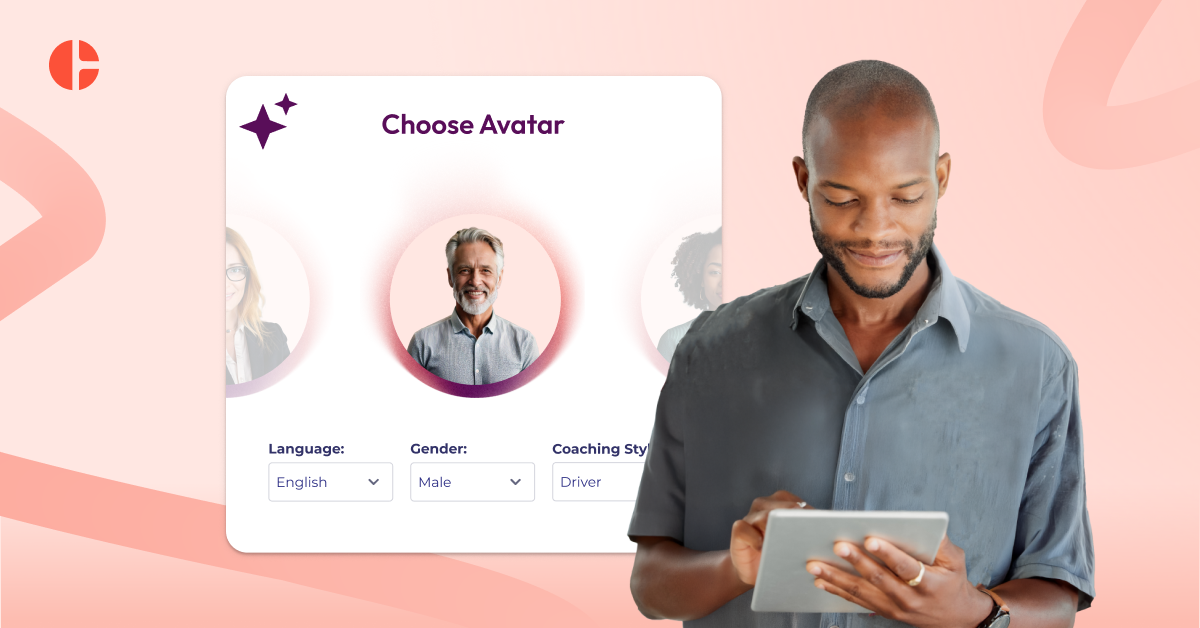Coaching and Training: Are They The Same Thing?

We often put them against each other; yet coaching and training are complementary practices.These two approaches aim at improving professional performance, either individual or collective, with unique targets and strategies. As such, the two terms complement each other in developing skills for you and your employees.
Coaching and Training: Similarities
Managerial training has long been favored by organizations and successful businesses, becoming the only credible course that strengthens the soft skills and knowledge of managers. Professional coaching arrived later, changing the game and becoming a critical professional program, even to entities that fully operated in the Fourth Industrial Revolution era.However, the two practices have similarities that cannot be opposed. In both cases, the main purpose is to improve professional performance and enhance managerial skills. Thus, the objective of both is to advance the trainee or coachee through a demonstration of pedagogy.
Coaching vs Training: Differences
The two methods have a difference in the manner in which they are delivered and how they impact employees and the management process. Some of the common differences include :
Educational team: trainer or coach
The role of a professional trainer is different from that of a certified coach. A trainer acts as an expert, therefore, deciding on the type of content, the order in which the personal training occurs, and the hours of training. In this case, the trainee is managed from the start to end of the vocational training process.The main purpose of training in a company is to enable employees to develop and improve their knowledge and skills. With proper training, employees can develop trust in management and learn crisis management techniques to minimize risks. Training gives participants a clear understanding of their roles in the organization. The employees get to know their target and get the right tools to foster positive organizational transformation.A development coach, on the other hand, acts more as a facilitator. Thus, the content of the program can be written by both parties for a more personalized approach. The coachee sets individual goals and agrees with the coach on the duration. The time management process gives them autonomy, which is a source of empowerment.
The content: theoretical or concrete
Managerial training provides the know-how and technical knowledge needed to be successful in a management position. Operational coaching helps managers develop interpersonal or soft skills, such as conflict resolution and communication skills.With managerial training, trainees are able to address issues in their entirety in a theoretical manner. In conflict management, for instance, the instructor defines the topic to participants, explaining the origin and development. The trainer further offers case studies on the same and explains the adaptive behaviors to end conflict.On a similar subject, a professional coach will focus on the concrete because coaching entails addressing a situation in details. The coachee is encouraged to reflect on the causes of a conflict and assess the levers that would help in coming up with solutions for crisis management. This means that coaching and training are different in terms of content.
Support: Independent or interactive
After training, which is often conducted in a period of three days, the trainee gets theoretical knowledge. He can then refer to the notes at any time to master the knowledge and put them into practice.Coaching, on the other hand, is positioned over time, at the rate of one hour every week or biweekly. The certified professional coach, therefore, assesses the progress of the coachee who advances over time. The coachee also makes necessary adjustments and can turn to the coach for clarification and further guidance.
Choosing between Coaching and Training
A study called “The future of job”, conducted by the World Economic Forum found that team management and coordination as well as emotional intelligence are among the top 10 highly demanded soft skills in 2022. So how can someone develop these professional skills for proximity management? Is it through business coaching or managerial training?To address this question, it is important to understand the situation experienced on the ground. The line manager is responsible for determining the best way to grow the team and business efficiently and quickly.Does your team need to improve its human and technical skills? Do you need an expert in the field or a facilitator to find answers for you ? Do you need continuous monitoring or one-off learning? These questions will help you determine whether your team needs coaching or training.
Why choose Coaching
If coaching and training takes the same route, one always takes precedence over the other. Most companies are looking for high-potential employees who can manage change and adapt to evolution, rather than expert managers. It is, therefore, important that managers develop transformational leadership skills that can promote cohesion and buy-in. Other employees must also develop curiosity, creativity, and openness to learning, in order to establish collective intelligence.Every individual in the company is affected by organizational transformation, and coaching appears to be a key necessity. Hiring a certified professional today would help prevent the company’s decisions from becoming an emergency tomorrow. Coaches make sure they engage employees through frequent training and feedback, which aids in influencing business transformation.
FAQ
Unlike content-first platforms or one-size-fits-all solutions, CoachHub combines global scalability, measurable outcomes, and coaching tailored for regulated, performance-driven environments. We're not just here to train, we partner to transform.
Yes. Coaching builds inclusive leadership, empathy, and adaptability. It equips managers to lead multi-generational teams and align diverse expectations across seniority levels and skill sets.
By focusing on resilience and mindset shifts. Our coaching solutions give managers and teams the tools to stay energized and engaged in high-pressure, regulated environments. This helps them maintain clarity, sustain performance, and adapt confidently through continuous change.




.svg)


.svg)





.png)



